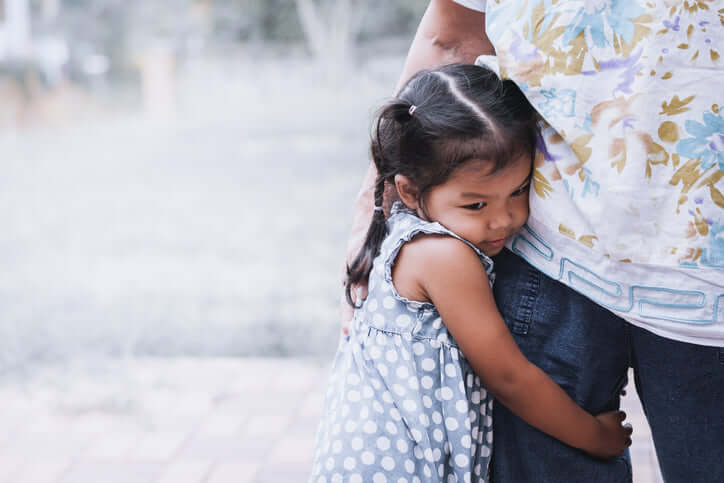
As a parent, you may find yourself dealing with a child who seems to lack motivation and displays laziness in their daily routines. It can be frustrating and concerning, but it's essential to handle the situation with patience and understanding. Here are some tips on how to deal with kids' laziness, with a new perspective on what laziness really means.
Understand the Root Cause
The first step in dealing with laziness in children is to try and understand why they lack motivation. Some possible causes could be boredom, low self-esteem, anxiety, or a lack of interest in their tasks. Once you can identify the underlying issue, you can work on finding a solution.
However, it's important to note that the concept of "laziness" may not exist. As writer Devon Price argues in their article "Laziness Does Not Exist" (Human Parts, Medium, 2021), our society often labels people as "lazy" without considering the various factors that could be impacting their motivation levels. Instead of assuming your child is simply lazy, try to understand what may be causing their lack of motivation.
(To learn why everything you think you know about motivation is wrong, click here.)
Set Expectations
Children need structure and consistency, so it's crucial to set expectations for them. Let your child know what is expected of them in terms of chores, schoolwork, and other responsibilities. You can create a chart or schedule to help them keep track of their tasks and progress.
Offer Positive Reinforcement
Offering positive reinforcement is an excellent way to motivate children. Praise your child when they complete tasks, even small ones, and celebrate their achievements. This can help build their self-esteem and encourage them to continue putting in the effort.
(Dealing with ADHD? Check out our article 5 Things Not To Say To Your ADHD Kid & What To Say Instead.)
Encourage Physical Activity
Physical activity can help children combat laziness and boost their energy levels. Encourage your child to participate in sports, dance, or other physical activities that interest them. Even simple activities like going for a walk or bike ride can help get them moving and feeling more motivated.
Set Realistic Goals
Setting realistic goals is important when dealing with "laziness." Children may become discouraged if they set goals that are too high and cannot achieve them. Encourage your child to set achievable goals and help them work towards them.
(Learn how to make your kids more resilient here.)
Lead by Example
Children often learn by example, so it's important to lead by example. If you display "laziness" in your own life, your child may mimic that behavior. Show your child the importance of hard work, dedication, and motivation by setting an example for them to follow.
To Sum It All Up:
Dealing with "lazy" kids can be a challenge, but with patience, understanding, and consistent effort, you can help motivate your child to become more active and productive. Remember to focus on the positive and celebrate your child's successes, no matter how small they may seem. And don't forget to consider the larger societal factors that may be impacting your child's motivation levels, as explored in the thought-provoking article "Laziness Does Not Exist" by Devon Price.
Related Posts:
This is How To Help Your Child With Anxiety
What is Emotional Regulation and Why Should You Care?
References:
Devon Price, "Laziness Does Not Exist", Medium, Human Parts, 2021: https://humanparts.medium.com/laziness-does-not-exist-3af27e312d01
American Academy of Pediatrics, "Physical Activity for Children and Adolescents", Pediatrics, 2016: https://pediatrics.aappublications.org/content/early/2016/11/03/peds.2016-2910
National Institute of Mental Health, "Anxiety Disorders", 2021: https://www.nimh.nih.gov/health/topics/anxiety-disorders/index.shtml
American Psychological Association, "Building Resilience in Children", 2019: https://www.apa.org/topics/resilience-kids




